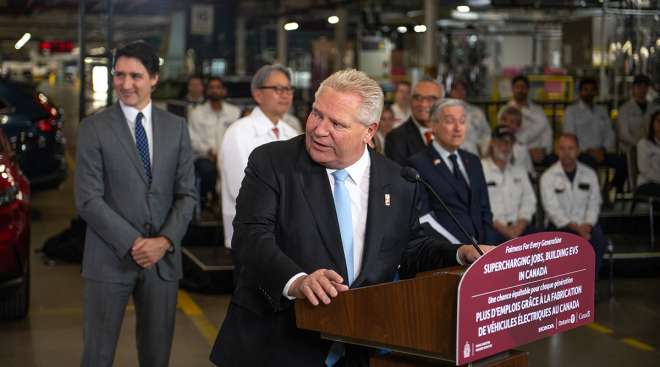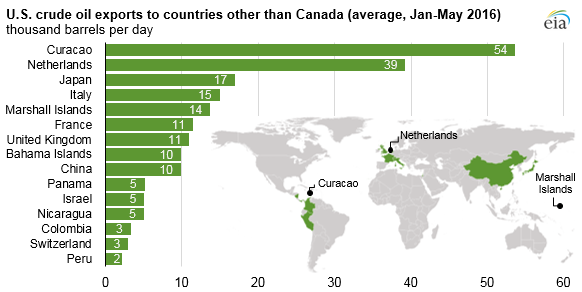Canada"s Finance Minister Makes Bold Claims
At a recent press conference, Canadian Finance Minister Francois-Philippe Champagne asserted that Canada would negotiate a trade deal with the Trump administration that would surpass those of other nations. This declaration comes amidst fears that Canada might have to accept a baseline tariff on all exports to the United States. Champagne"s confidence stems from Canada"s unique position in the North American market, particularly its significant trade volume with the U.S., which he claims is unmatched by other countries.
Trade Numbers Tell a Different Story
Champagne highlighted that Canada imports more from the U.S. than China, Japan, the U.K., and France combined. However, this statement glosses over critical issues related to trade equity and the precarious situation for Canadian workers. The U.S. had a trade deficit of $36 billion with Canada in 2024, primarily due to its dependence on Canadian oil. Excluding energy, the U.S. actually had a surplus with Canada, indicating a complex relationship that is not as favorable for Canadian workers as Champagne implies.

USMCA News Updates | Transport Topics
Implications for Workers" Rights and Economic Justice
In the rush to secure a favorable trade deal, the Canadian government risks overlooking the needs of its most vulnerable workers. The scrapping of a proposed three percent digital services tax—expected to generate over $7 billion for the government—raises serious questions about prioritization. As reported by CBC, this tax was projected to help fund public services, yet Champagne claims the decision was strategic to ensure a comprehensive agreement with the U.S. This move highlights an alarming trend: prioritizing corporate interests over the needs of everyday Canadians.
Trade Agreements and Supply Management Systems
Champagne firmly stated that Canada"s dairy and poultry supply management system is non-negotiable, despite pressure from the Trump administration. This system, which imposes steep tariffs on imports beyond a specific quota, is crucial for protecting local farmers and maintaining food sovereignty. Yet, the ongoing negotiations reveal a tension between maintaining these protections and appeasing U.S. demands, a dilemma that could have severe repercussions for agricultural workers in Canada.

U.S. Crude Oil Exports Are Increasing and Reaching More Destinations ...
The Broader Picture: Economic Inequality
This negotiation process is taking place against a backdrop of growing economic inequality. The focus on trade deals often sidelines the voices of marginalized communities who are disproportionately affected by these policies. According to Statistics Canada, the wealth gap continues to widen, with low-income earners facing stagnant wages while corporate profits soar. As Canada navigates its trade relationship with the U.S., it must not lose sight of its commitment to social justice and economic equity.







![[Video] Gunfire between Iraqi security forces and Sadr militias in Baghdad](/_next/image?url=%2Fapi%2Fimage%2Fthumbnails%2Fthumbnail-1768343508874-4redb-thumbnail.jpg&w=3840&q=75)
